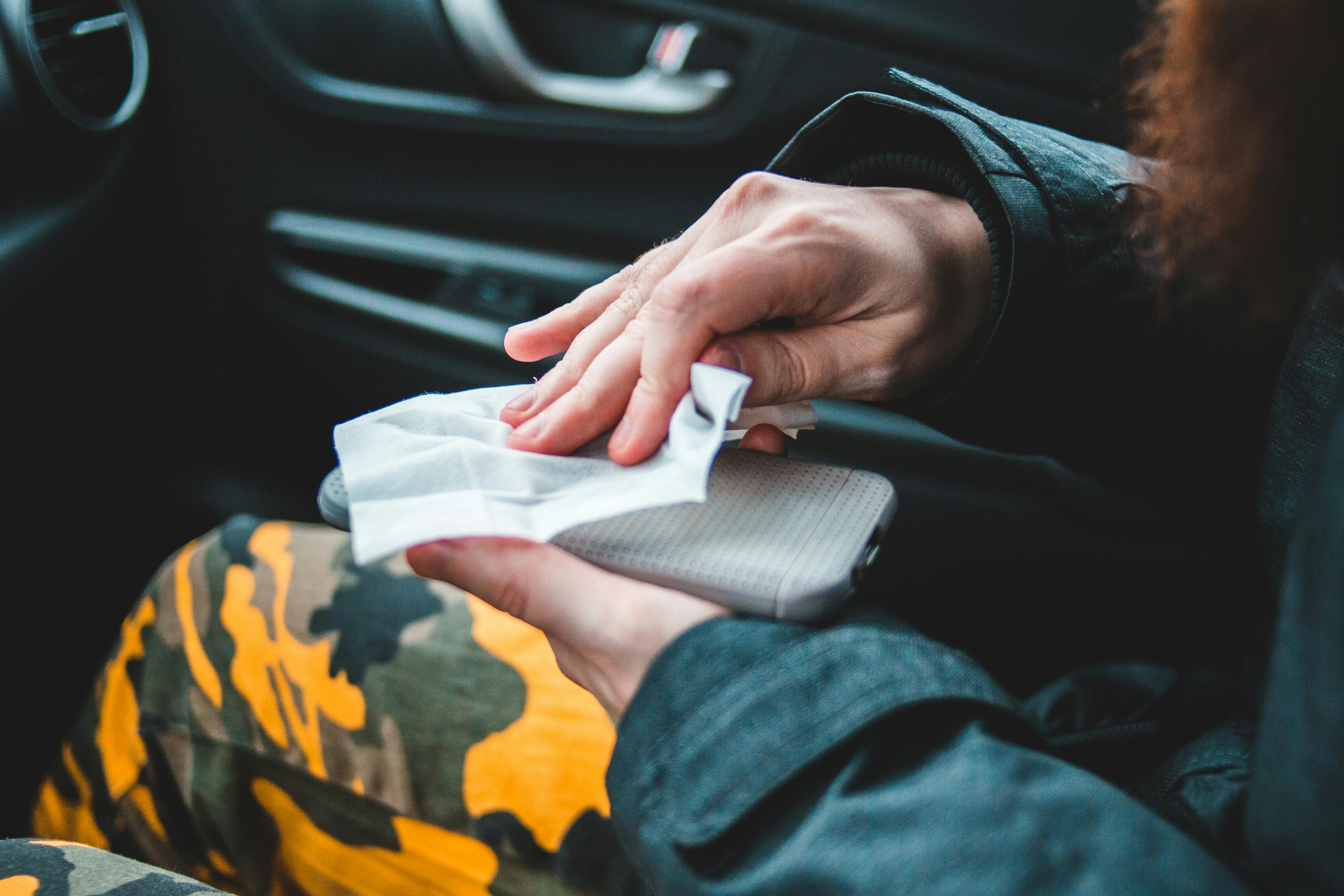Six Common Motor Vehicle Brake Problems
No matter how good a driver you think you are, brake problems can almost always arise at any time of the year. This can put you at serious risk when behind the wheel. Consider the six most common brake problems found on motor vehicles.
1. ABS brake warning light comes on. This is an indicator that the vehicle’s on-board computer has turned off the ABS braking system. If this happens, it means a problem has been traced. Your brakes will allow you to stop in this case, but you will have no further protection against a wheel breakage or lockup. This is more of a minor problem that will allow you to safely get to the auto repair shop.
2. Brake warning light comes on. This may be a simple indicator that your emergency brakes are still on. If you see that it is still on, let it go. On a more serious note, this could also indicate that your brake lubrication and coolants could be dangerously low. Have your fluids checked and replenished immediately. If your light doesn’t go out after this, it could mean there is a leak in a specific part of your brake system. In this case, contact your car service provider immediately.
3. When the brakes lock up. This could happen when there is a damaged brake pad, shoe, or perhaps both. It could also be related to disc calipers or wheel bearing functions. In this case, you want to have your car towed immediately and call for roadside assistance.
4. It is hard to break and the brake pedal will not go all the way down or not go all the way down. This problem could be very simple, something could be under your brake pedal. A more complex problem that could cause this is when there is a damaged or pinched brake fluid line. It could also be a failure of the power brake booster mechanism or both. Again, you want to request roadside assistance and a tow truck if this occurs.
5. Brake pedal feels “mushy” and goes beyond its normal levels. A spongy brake pedal can be the result of too much air in the brake fluid line. A more serious problem could be a brake fluid leak or damage to the master brake cylinder. This problem also requires a crane.
6. Brakes screech. This could have many sources. Dirt could get caught in the wheel. It could also be the result of worn brake linings, warped or cracked brake shoes, or brake slack adjusters that aren’t out of alignment. If you’re experiencing continuous brake squeal, it’s either because you have damaged wheel bearings or because your brake pads are way past their replacement point. To avoid permanent brake rotor damage, have it checked immediately.
